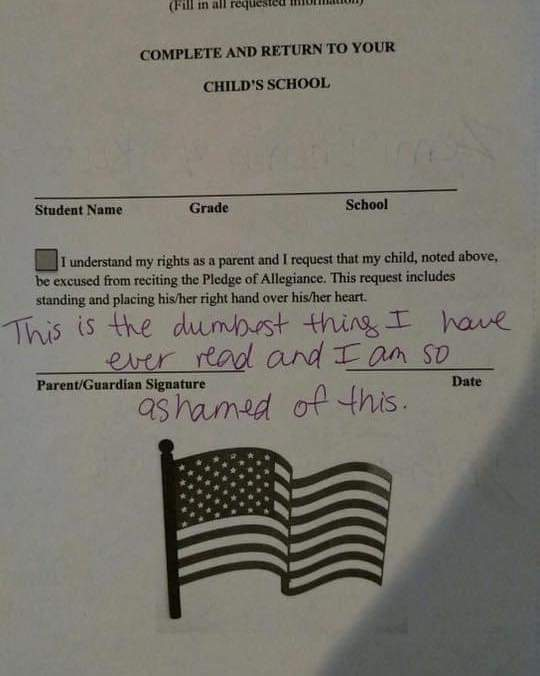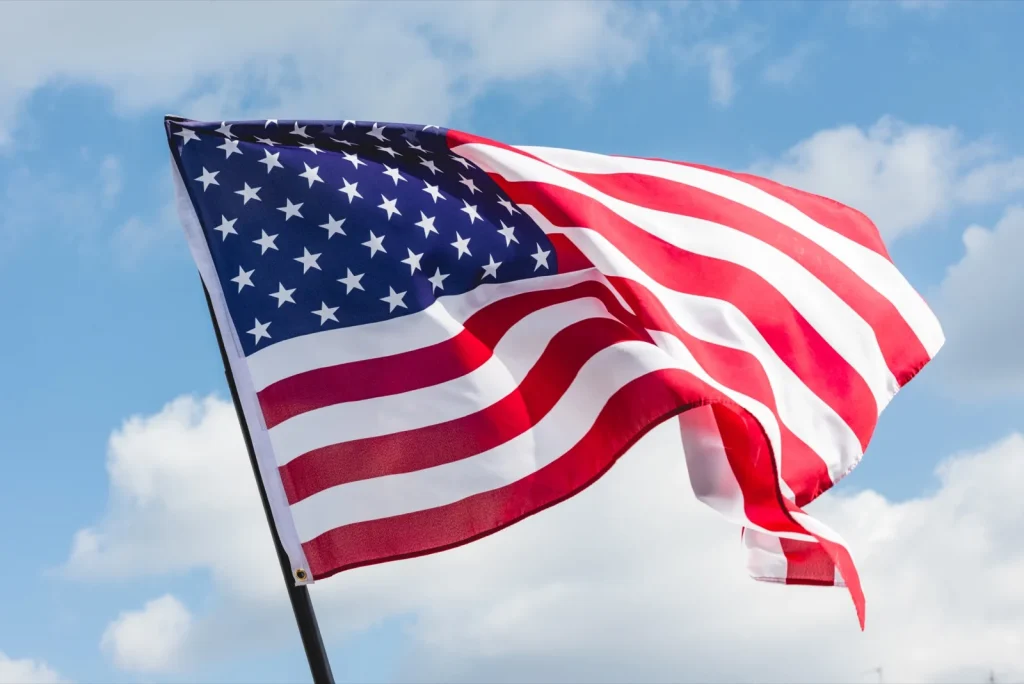Patriotism is a deeply personal concept, often represented by various symbols, traditions, and rituals. For some, it’s the American flag waving in the breeze or the recitation of the Pledge of Allegiance. For others, it’s the freedom to choose whether to participate in these rituals or not. But the essence of true patriotism lies not in compelled acts of allegiance but in the freedom to choose how we express our love for our country.
Understanding the Core of Patriotism

Patriotism is often associated with traditions and rituals meant to demonstrate love and loyalty to one’s country. From singing the national anthem at sporting events to standing for the Pledge of Allegiance in schools, these gestures symbolize unity and pride. However, it’s crucial to understand that patriotism is not a one-size-fits-all concept.
Patriotism and Personal Freedom: A Fundamental Right
At its core, patriotism is about the love of country and the principles it stands for—principles like freedom, equality, and justice. The most fundamental of these principles is personal freedom, which allows individuals to express their beliefs without fear or coercion. Forcing someone to adhere to a specific tradition or ritual, even in the name of patriotism, undermines the very freedoms that a democratic society aims to protect.
The Power of Choice in Patriotism
True patriotism cannot be mandated; it thrives on personal conviction and voluntary expression. In a free society, people should have the option to choose how they demonstrate their loyalty to the country. Whether it’s reciting the Pledge of Allegiance, participating in civic duties, or engaging in community service, the decision to act should be rooted in genuine belief, not obligation.
Choice and the Pledge of Allegiance
One of the most debated expressions of patriotism in the United States is the Pledge of Allegiance. For many, it’s a meaningful way to show love for the nation, to honor those who have sacrificed for the country, and to affirm a commitment to national unity. For others, however, it can be a source of discomfort, rooted in personal, religious, or ideological beliefs that conflict with the act of reciting the Pledge.
The decision to participate in this ritual should be a matter of personal choice, not forced tradition. Allowing individuals to choose whether to recite the Pledge reflects respect for personal beliefs and aligns with the democratic values that the Pledge itself embodies.
Standing Up for One’s Beliefs: An Act of Patriotism
Choosing not to participate in a traditional act of patriotism, such as the Pledge of Allegiance, can be just as patriotic as participating. When individuals stand up for their beliefs—whether by refusing to recite the Pledge or by engaging in peaceful protests—they are exercising the very freedoms that democracy promises.
A Real-Life Example: A Parent’s Choice in Schools
Consider the image of a school form allowing parents to decide whether their child will participate in the Pledge of Allegiance. This simple form represents a significant moral lesson: it affirms that patriotism includes the freedom to choose. It’s a reminder that the true measure of unity is not conformity, but the respect for diverse expressions of allegiance.
The handwritten comment on the form—“Standing up for values”—illustrates this beautifully. It emphasizes that defending personal beliefs is itself an act of patriotism. By allowing this choice, schools teach children that respect for individual differences strengthens the unity of a free society, rather than weakens it.
Patriotism vs. Forced Conformity: Understanding the Difference
It’s crucial to distinguish between genuine patriotism and forced conformity. While many rituals associated with patriotism are meaningful to some, compelling others to participate diminishes their authenticity. A forced display of allegiance, devoid of personal belief, loses its meaning and may even breed resentment.
Why Compulsory Patriotism Fails

When patriotism is imposed as a requirement rather than offered as a choice, it contradicts the principles of freedom and democracy. Compulsory patriotism can have unintended consequences, leading to a superficial display of loyalty that lacks genuine commitment. It can also create divisions, as people may resist not the tradition itself, but the lack of freedom to choose.
Freedom of expression, including the choice not to participate in patriotic rituals, is what distinguishes a democratic society from an authoritarian one. The ability to voice dissent or choose not to engage in traditional displays of loyalty is an essential aspect of a free society.
Diverse Expressions of Patriotism
Patriotism can take many forms, and not all of them involve standing for the national anthem or reciting the Pledge of Allegiance. Some people express their love for their country through volunteer work, advocacy for justice, support for veterans, or engagement in civic duties.
The Role of Civic Engagement in Patriotism
Civic engagement, whether it’s voting in elections, participating in community initiatives, or advocating for social justice, is a powerful expression of love for one’s country. By actively working to improve the nation, individuals demonstrate a deeper form of patriotism that goes beyond symbolic gestures.
Patriotism is also found in the simple acts of everyday life—like supporting local businesses, protecting the environment, or standing up for marginalized communities. These actions reflect a commitment to the well-being of the country and its citizens, embodying the principles that make the nation strong.
Respecting Differences: The True Test of Patriotism
In a diverse society, not everyone will express their patriotism in the same way, and that’s okay. The strength of a nation lies in its ability to embrace different perspectives and beliefs. By respecting each individual’s choice in how they express—or choose not to express—their love for their country, we foster a more inclusive and united society.
Celebrating Freedom of Expression
The freedom to choose how one participates in national traditions is a hallmark of democracy. Whether someone stands proudly with their hand over their heart or chooses a different way to honor the nation, the choice itself should be celebrated as a sign of a truly free society.
Conclusion: Patriotism is Personal Freedom in Action
True patriotism is not found in forced tradition but in the freedom to choose. It is an affirmation of democratic values and a reflection of personal beliefs. By allowing individuals the right to decide how they express their love for their country, we honor the core principles that define a free and just society. Whether it’s through traditional gestures, civic involvement, or personal expressions of belief, patriotism thrives when it is voluntary, meaningful, and genuine. In the end, what matters most is not how we express our loyalty, but that we do so with authenticity and respect for the freedoms that make our nation strong.


